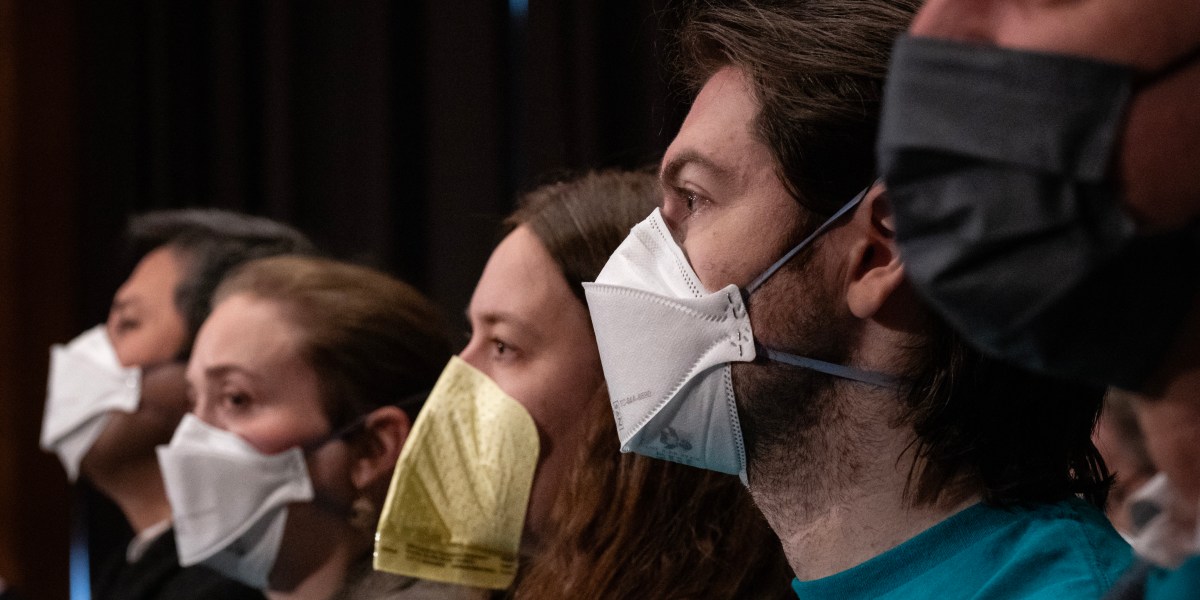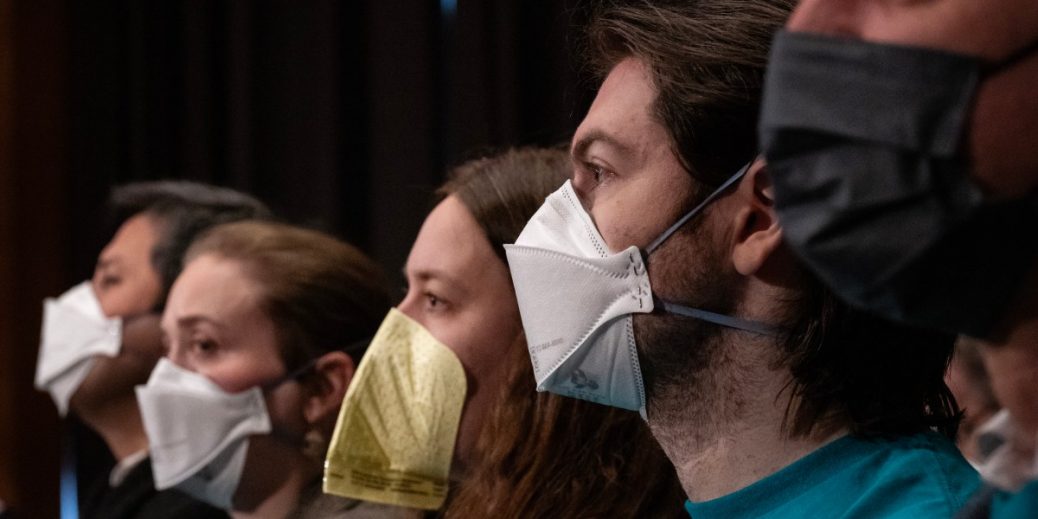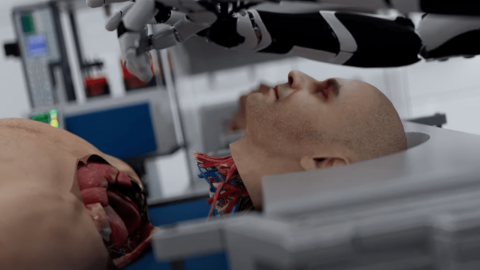
The scientists found that people with long covid exhibit changes in a suite of proteins involved in the complement system, which helps the immune system destroy microbes and clear away cellular debris. The results echo what at least one other group has found.
None of the existing research proves that these changes drive the disease. But they offer up a new avenue for treatment exploration by helping doctors pick the best people to trial certain drugs “There aren’t really any effective therapies,” says Aran Singanayagam, a respiratory medicine specialist who studies lung infections at Imperial College London. “So we are quite desperate, and it’s a big problem.”
The researchers began by looking at levels of more than 6,500 proteins in the blood of 113 people who tested positive for SARS-CoV-2 and 39 people who had never been infected. Six months later, they took new blood samples. By that time, 73 people who had been infected had recovered, and 40 had gone on to develop long covid. Many of the proteins elevated in people with long covid were also elevated in people who had recovered from severe covid. But the markers that were unique to the long covid groups pointed to abnormal activation of the complement system.
What is the complement system? Good question. “We never hear of it as non-immunologists,” Boyman says. But it plays a vital role in defending the body against microorganisms. The complement system is composed of more than 30 proteins produced by the liver that travel the bloodstream and act as an immune surveillance system. Activation of the complement system kicks off a cascade of reactions that recruits immune cells to the site of an infection, flags pathogens for destruction, or even destroys microbes by poking holes in them. The system, as its name suggests, complements the activity of antibodies. But when it goes awry, it can cause widespread inflammation and damage cells and blood vessels
When the results pointed to abnormal activation of the complement system as a distinguishing feature of long covid, “we all of a sudden said ‘Oh, this makes so much sense,’” Boyman says. “The complement system is so central, not only communicating with the immune system but also communicating with the blood clotting system—with the endothelial cells, with platelets, with red blood cells, and going into all the organs.” That might explain why some researchers have found tiny clots in people with the disease.
Why the complement system might go awry after a covid infection isn’t clear. “To me, when you see complement activation like this, it suggests that you have ongoing infection,” says Timothy Henrich, an immunologist at the University of California, San Francisco. That residual virus could keep the complement system active. Or it’s possible that lingering tissue damage keeps the system engaged. Or maybe it’s something else entirely. “The fundamental issue that we have with long covid research right now is that we have a lot of associations, but we don’t have a lot of causations that have been proven,” Henrich says.





Recent Comments